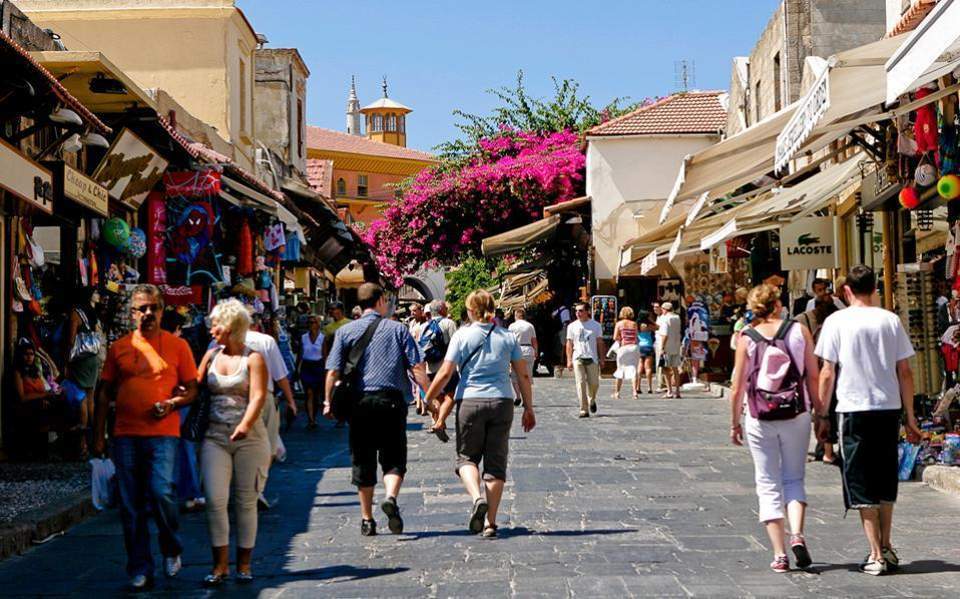We can all comprehend the anxiety of hundreds of thousands of Greek tourism sector workers and the importance of their jobs to the Greek economy and its growth.
During the decade-long economic depression tourism businesses burgeoned, tempering the consequences of the crisis,
From 2012 and thereafter demand soared allowing tourist enterprises to continually increase their revenues.
The peak year for Greek tourism was 2019, with a whopping 35 million visitors to this country of 11 million.
Tourism was obviously one of the few truly favoured sectors of the economy up to the pandemic and one might have expected that they would have set aside sufficient capital to get them through a bad year.
The same cannot be said of other sectors which were repeatedly greatly challenged during the crisis and now are suffering another wave of financial distress resulting from the coronavirus pandemic.
From that perspective it is curious that the problems of the tourism sector have been highlighted more than the problems of other sectors which are not in the news.
We know very little about industry issues such as under what terms and conditions factories operate, whether exports are continuing and how, what is going on in the primary sector in the concentration and processing of agricultural products, the production of food, the operation of thousands of small-to-medium-sized businesses that are linked to the construction sector, and so many others that do not make so much noise.
Clearly, the problems of this period are not exhausted in an attractive beach zone and a chaise longue.
There are more vital issues in other sectors – problems that demand attention and care.
The investment in tourism will not be lost in one bad year, whereas other sectors which have been battling fiercely over a decade are in danger of being obliterated in the coronavirus era.





